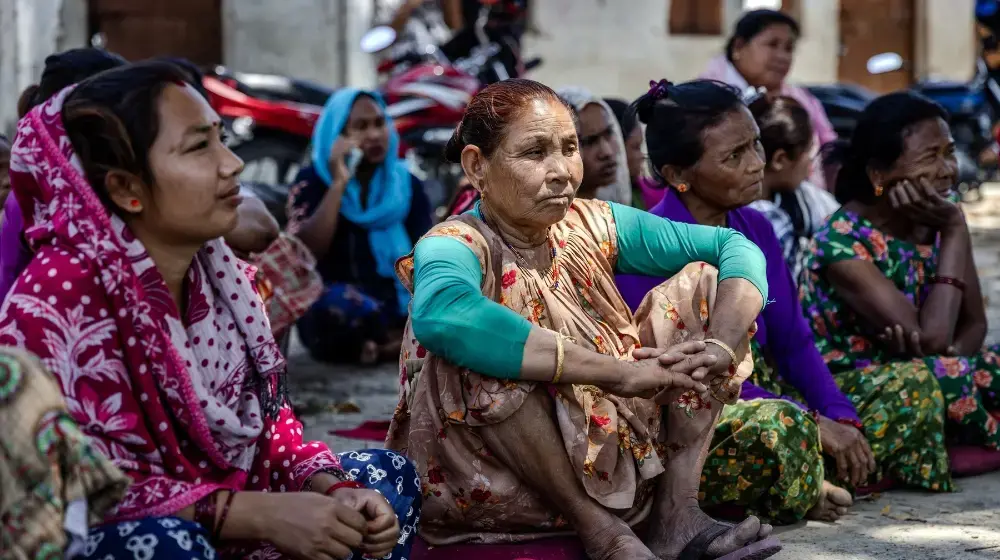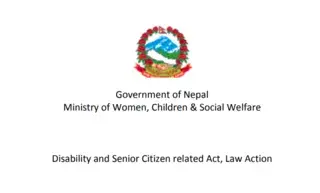Our world is ageing – let’s celebrate! Innovations in health and poverty reduction have extended lives on a global scale, benefiting old and young alike.
- In many cultures, older persons are revered and play critical societal roles, serving as community leaders and caregivers and sharing their wisdom and ancestral knowledge with younger generations.
- Persons aged 50 and over, who account for a quarter of the global population, also drive global economic growth to an outsized degree, propelling more than a third of GDP in 2020.
- Discriminatory attitudes, however, often paint older persons and their care as burdensome; this perspective must shift for societies to harness the positive change that accompanies population ageing.
Yet due in part to ageism and shortages in skilled care, global trends such as migration and displacement, climate change and conflict disproportionately affect older persons and leave them vulnerable to exclusion and neglect.
- Record levels of population movement are heightening risks that older persons will be left behind without community or family support.
- Older people may also suffer neglect by health providers, which is exacerbated by a lack of care workers, especially for elderly people navigating challenging situations such as crisis and conflict.
- Investing in solid care systems for older persons benefits everyone: It can spur economic growth by creating more jobs and opportunities for providers while ensuring older persons’ needs and rights are satisfied.
Demographically diverse countries will fulfill their potential when societies act in the best interest of people of all ages, and when younger and older people support each other.
- The needs of older people should not be viewed as competing with those of younger generations, particularly in countries where ageing is expected to accelerate.
- Instead, countries and societies should investigate how younger and older people can benefit from the exchange of information and support on issues, including the use of technology to empower older persons, for example by enabling them to access remote medicine, and other essential goods and services.
- Countries must act today to ensure robust social support systems – including pensions and health-care systems – are in place for the older persons of tomorrow.
FACTS & FIGURES
- Between 1974 and 2024, the worldwide share of people aged 65+ almost doubled – increasing from 5.5 per cent to 10.2 per cent. [UNFPA]
- Between 2024 and 2074, this proportion will double again, increasing to 20.7 per cent, according to United Nations population projections. During the same time, the number of people aged 80 and above is projected to more than quadruple. [UNFPA]
- It took more than 50 years for the share of the population aged 65 and older in high-income countries to double from 10 per cent to 20 per cent. This trend is projected to accelerate and take only 35 years in middle-income countries.
- People aged 50 and older accounted for 24 per cent of the global population in 2020 and about 34 per cent of global GDP. Their contribution is expected to grow to 39 per cent of global GDP by 2050. [AARP]
- In countries around the world, UNFPA has supported the creation of day-care centres for older persons. With a view to further strengthening care and support for older persons, UNFPA is committed to reviewing and improving these centres and is seeking to make them much more integrated into centres that serve different generations at the same time, enabling all to form a bond of solidarity.




